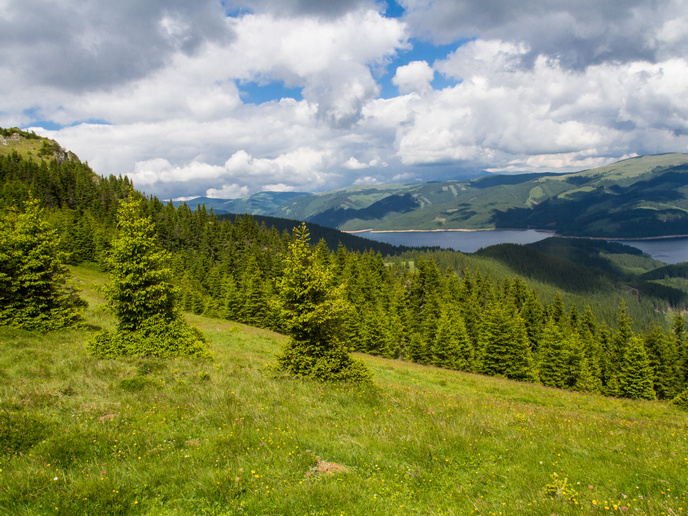Promoting rural development in Romania
A workshop held in March 2023 by Romanian consultancy firm Highclere Consulting (HCC) brought together key stakeholders from the city of Brașov to discuss the future of Țara Făgărașului, a mountain region in central Romania. An initiative of the EU-funded MOVING project, the workshop offered a platform for discussions on how the stakeholders envisioned Țara Făgărașului in 2050, current needs and constraints affecting the desired future, as well as steps to be taken to realise this vision. As reported in a news item posted on the MOVING project website, discussions mainly revolved around “lack of funding, lack of transport and visitor infrastructure, lack of human resources, lack of a Destination Management Organisation, inconsistency in development and promotion, and poor collaboration between authorities, private entities and NGOs.” The workshop was concluded with participants expressing their intention to collaborate more closely in the future and make Țara Făgărașului an eco-certified tourism destination. The research team presented workshop participants with two extreme potential scenarios – one negative and one positive – for the Țara Făgărașului micro-region in 2050. The negative scenario painted a picture of eroded local identity, abandoned agricultural activities and land, and chaotic tourism practices that fail to benefit the local economy. The positive scenario portrayed a community that recognises the importance of unity and embraces measures that promote sustainable tourism and benefit the region. Participants expressed the view that maintaining the current status quo would ultimately lead to the negative scenario.
Proposed actions
Workshop participants were then divided into three groups representing public authorities, local entrepreneurs and civil society to discuss current needs and constraints and the steps to be followed to reach the desired future. The news item reports: “In the future, the public authorities wish to include the integration of the Intercommunity Development Association Regional Centre for Sustainable Development and Tourism Promotion ‘Țara Făgărașului’ in the Destination Management Organisation developed at the county level of Brașov.” The public authority representatives also expressed their willingness “to develop a Destination Management Organisation at the intra-county level (i.e. Brașov and Sibiu counties).” The private sector’s focus will be “on supporting vocational schools (craftsmen) and developing internship programmes, organising events for the integrated promotion of the area, opening a dialogue between the public and private sectors, and referring to public authorities the problems encountered by entrepreneurs and concrete proposals for improving legislation.” The group representing civil society “proposed the development of a federation of NGOs in Țara Făgărașului, which, together with the Intercommunity Development Association Regional Centre for Sustainable Development and Tourism Promotion ‘Țara Făgărașului’ and the Association of Entrepreneurs of Țara Făgărașului, will compose the coordination and administration board of the micro-region Țara Făgărașului.”
Policy brief
With support from the MOVING (Mountain Valorization through Interconnectedness and Green Growth) project, HCC researchers also published a policy brief on certified ecotourism in the southern Romanian Carpathian Mountains. The document’s key messages are that ecotourism can help achieve sustainable development in local economies, ecotourism service certification is essential, and certified ecotourism cannot exist in isolation but needs to be embedded into rural tourism development at all levels. For more information, please see: MOVING project website
Keywords
MOVING, Țara Făgărașului, Romania, rural, tourism, ecotourism, sustainable development, destination management



